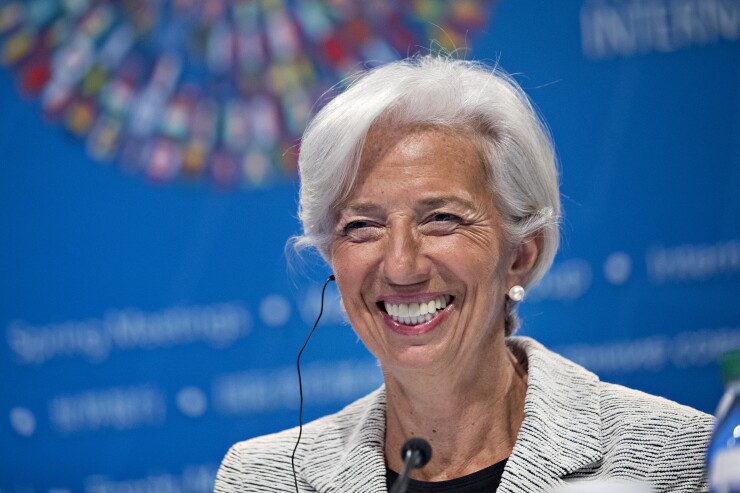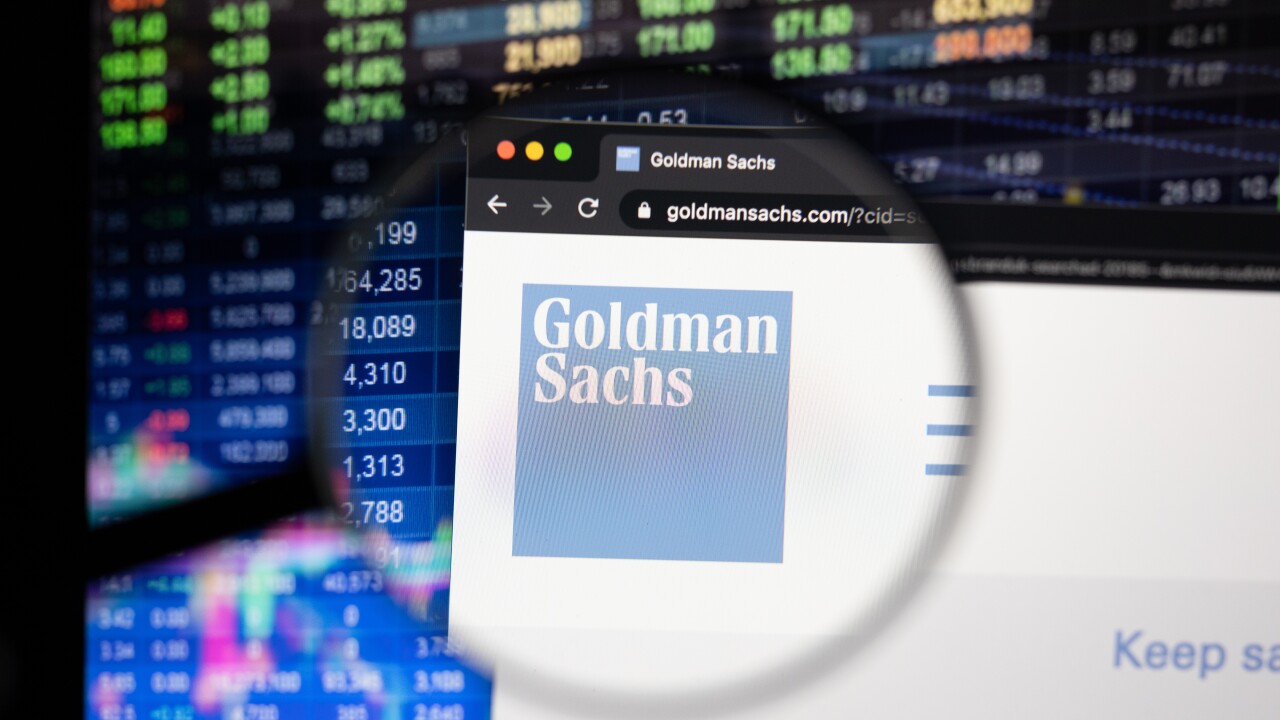The European Central Bank is intensifying discussions with bank executives over their readiness for a potential surge in company defaults and a drying up of energy market liquidity amid the worsening standoff over Russian gas supplies.
The Frankfurt-based bank watchdog wrote to lenders last month, telling them to analyze the impact of a gas stoppage on their businesses, according to people familiar with the matter. Responses are due in mid-September, and follow-up conversations are to come by the end of this month, said the people, who asked to remain anonymous as the interaction isn't public.
Europe's efforts to stave off a full-blown energy crisis were set back this month after Russia moved to cut off supply through its main Nord Steam pipeline to the region in response to sanctions over Ukraine.

Banks face increasing losses as the energy crunch escalates, with many lenders' plans to return bumper dividends to investors after multiple lean years potentially cast into doubt.
Separately, ECB President Christine Lagarde said Friday that the monetary policy side of the institution stands "ready to provide liquidity to banks, not to energy utility firms," in response to the crisis.
"In this current, very volatile environment, it's important that fiscal measures be put in place to provide liquidity to solvent energy-market participants, in particular utility firms," she told a news conference in Prague.
An ECB spokesman declined to comment on the supervisory discussions.
Regulators are pushing banks to ensure they have sufficient reserves for loan defaults by identifying their most exposed clients as well as the effect on companies that aren't directly affected by the fallout from Russia's invasion of Ukraine. Banks will also need to show that they can conduct stress tests and that they're updating their economic assumptions, said the people.
Other areas of concern are thinly traded energy derivatives and concentrated exposures to energy traders, although only a smaller number of banks are active in those areas, the people said.
The letter to banks also requested institutions to detail how their analysis has been factored into their overall strategy, and what the first and second-round effects would be from a gas stoppage.
Andrea Enria, who chairs the ECB's supervisory board, said earlier this year that the watchdog was asking individual banks to review their prospective capital levels "to include sufficiently conservative and updated adverse macroeconomic scenarios."
He signaled that there would be no blanket restrictions on payouts as there had been during a period of economic uncertainty in the pandemic. Authorities around Europe have since been hammering home that message.
Mark Branson, who leads the German regulator BaFin and sits on the ECB's supervisory board, said this week that banks need sufficient capital levels to continue to support borrowers.
"The system is still robust," Branson said at a Handelsblatt banking conference on Wednesday in Frankfurt. "Yet in these very dynamic times where you can't exactly understand where the risks are, and the situation changes from week to week, you need first-class risk management, but banks also need well-filled capital and liquidity cushions and a prudent approach to that capital and liquidity situation."





